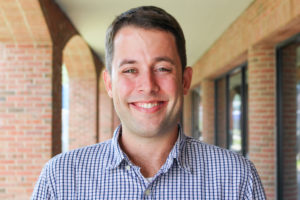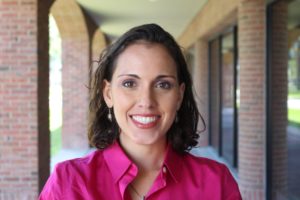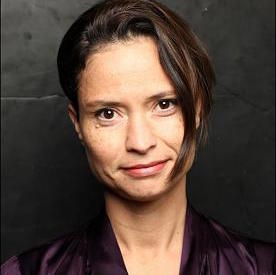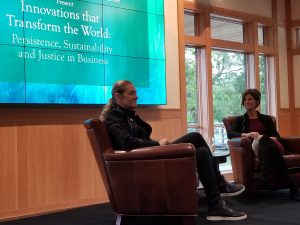This post was written by Greg Paylor ’18
The final two weeks of Module 2 have arrived! As have exams, the due dates of many individual assignments, and many team related deliverables. It’s an exciting time and the pressure dial has been cranked up a few notches. In an intensive MBA program such as this one, especially now, I find myself completing tasks and moving on to the next in rapid succession.
 Finding time to both reflect on and celebrate successful team projects, or debrief on things that could have worked better, has often taken a backseat to other pressing needs.
Finding time to both reflect on and celebrate successful team projects, or debrief on things that could have worked better, has often taken a backseat to other pressing needs.
One of my favorite assignments from this module came in our Leading for Sustainable Innovation class with Professor Kenneth De Roeck. We were asked to write two “Leadership Reflection” papers on past experiences we have had pertaining to leadership and motivation. Professor De Roeck would then use student responses (anonymously) in class to frame course concepts and organizational behavior theories.
At a very high level, some of the questions that we were prompted with were: “Describe an Experience with Injustice (Unfair Treatment) in the
Workplace”, “Insights about Your Own Less-Than- Ideal Performance,” “Describe a Leader that Inspired (or Inspires) You,” and “Describe Your Experience(s) with Organizational Change.” Sitting down to write
these papers was truly an experience. I found myself thinking about things that hadn’t crossed my mind in years.
As Module 2 comes to an end and winter break begins, first and foremost I am looking forward to spending quality time with my wonderful wife. I am also looking forward to reflecting on these first two modules and really reexamining and interpreting the experiences that I have had in this program because so much has happened already. It is with reflection that we gain a new understanding and making time for this will be a priority for me going forward.




 During a break from undergraduate studies, Rothblatt was inspired by traveling and working with a NASA satellite station. She wondered if it would be possible to have something in the Earth’s orbit that could give music to the world. Feeling enthused, she returned to school to study communication. She continued onto grad school and graduated from UCLA with JD-MBA degree. All the while, Rothblatt’s passion for satellite communication continued to remain at the forefront of her life, leading her to become founder and CEO of
During a break from undergraduate studies, Rothblatt was inspired by traveling and working with a NASA satellite station. She wondered if it would be possible to have something in the Earth’s orbit that could give music to the world. Feeling enthused, she returned to school to study communication. She continued onto grad school and graduated from UCLA with JD-MBA degree. All the while, Rothblatt’s passion for satellite communication continued to remain at the forefront of her life, leading her to become founder and CEO of 
 Before joining the PYXERA team, Asiala had been the Director of Corporate Citizenship at Dow Corning Company. Over three decades in the corporate sector taught her that environmental and social sustainability are not hindrances to business; rather, they can ensure long-term success and profitability. She carries that vision forward in her current role at PYXERA, where she works to leverage the strengths of corporations, governments, social sector organizations, educational institutions, and individuals to solve complex problems in inclusive and sustainable ways.
Before joining the PYXERA team, Asiala had been the Director of Corporate Citizenship at Dow Corning Company. Over three decades in the corporate sector taught her that environmental and social sustainability are not hindrances to business; rather, they can ensure long-term success and profitability. She carries that vision forward in her current role at PYXERA, where she works to leverage the strengths of corporations, governments, social sector organizations, educational institutions, and individuals to solve complex problems in inclusive and sustainable ways. In the wake of the
In the wake of the 
